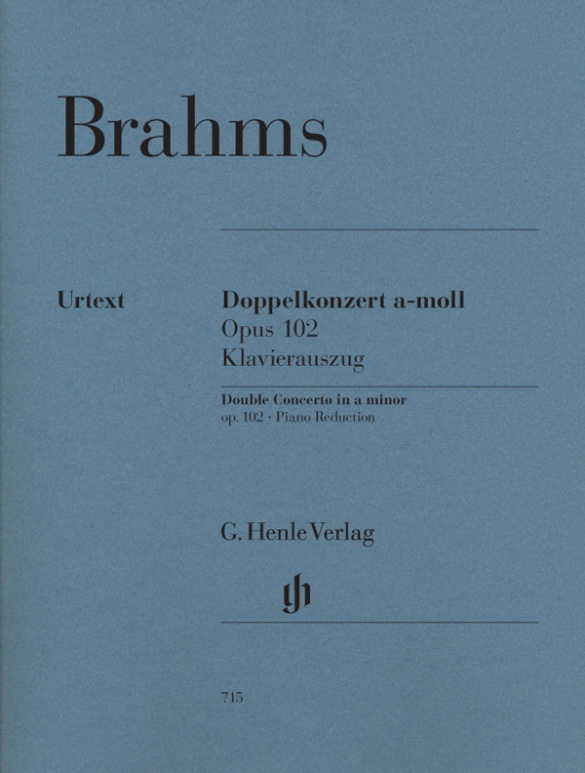

Johannes Brahms
Double Concerto a minor op. 102
The cellist Robert Hausmann had actually requested a cello concerto - but Brahms paired the cello with a violin in his "Double Concerto". The unusual work has already been available as part of the new Brahms Complete Edition for several years. Using Brahms’ original piano reduction, Johannes Umbreit has produced a playable piano setting that optimally renders the colourfulness of the score. The fingerings and bowings for the string parts have been supplied by the experienced soloists Frank Peter Zimmermann and Heinrich Schiff. The orchestral parts, based on the Complete Edition, are available from Breitkopf & Härtel (PB/OB 16104).
mws-henle.cms.title-works.headline
mws-henle.cms-product-detail.composer-headline

Johannes Brahms
His significant output comprises chamber music, piano works, numerous choral compositions and songs (including settings of folk-song lyrics), as well as large-scale orchestral works in the 1870s and 1880s. His compositions are characterized by the process of developing variation. He is considered an antithesis to the New German School around Liszt, and an advocate of “absolute” music.
| 1833 | Born in Hamburg on May 7, the son of a musician. His first piano instruction with Willibald Cossel at age seven, then with Eduard Marxen; first public performances from 1843. |
| 1853 | Concert tour through German cities; he meets Schumann, who announces him as the next great composer in his essay “Neue Bahnen” (“New Paths”). A lifelong, intimate friendship develops with Clara Schumann. |
| 1854–57 | Piano Concerto No. 1 in D minor, Op. 15. |
| 1857–59 | Choir director, pianist, and teacher at the royal court in Detmold. |
| 1859–61 | Director of the Hamburg Women’s Choir. |
| 1860 | Manifesto against the New Germans around Liszt. |
| 1863 | Cantata “Rinaldo,” Op. 50. |
| 1863–64 | Director of the Wiener Singakademie. |
| 1868 | Partial performance in Vienna of “A German Requiem,” Op. 45 (the complete work premiered in Leipzig in 1869) |
| 1871–74 | Artistic director of the Gesellschaft der Musikfreunde (Society of Friends of Music) in Vienna. |
| 1873 | Haydn Variations, Op. 56a, for orchestra. |
| from 1877 | His symphonic output begins with the Symphony No. 1 in C minor, Op. 68 (begun 1862); composition of the Symphony No. 2 in D major, Op. 73; the Symphony No. 3 in F major, Op. 90 (1883); and Symphony No. 4 in E minor, Op. 98 (1884–85): cantabile themes, chamber-music-like style. |
| from 1878 | Travels in Italy. |
| 1878 | Violin Concerto in D major, Op. 77, for Joseph Joachim. |
| 1881 | Piano Concerto No. 2 in B-flat major, Op. 83, with a scherzo movement. |
| 1886 | Honorary president of Vienna’s Tonkünstlerverein (Association of Musicians). |
| 1897 | Four Serious Songs, Op. 121. Dies in Vienna on April 3. |
mws-henle.cms-product-detail.author-headline
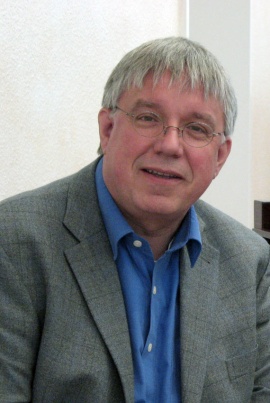
Michael Struck (mws-henle.person.role.HERAUSGEBE)
Dr. Michael Struck, born in 1952 in Hannover, studied school music, private music teaching, piano (diploma, class of Werner Schröter), musicology (Constantin Floros) and pedagogy at the music conservatory in Hamburg and at Hamburg University. In 1984 he completed his doctorate with a thesis on Schumann’s controversial late instrumental works.
He is a research associate at the research centre the new “Johannes Brahms Complete Edition” at Kiel University (member of the editorial board), as well as editor and supervisor of numerous volumes. He is the author of many musicological publications on music of the 18th to 20th centuries and other work editions. Struck is also a music critic. As a pianist he has given concerts with the vocal ensemble of Kiel University as well as with the Wiesbaden Chamber Choir and has given concert lectures (in 1989, 1997, 2001, 2005 as part of the matinees on “Raritäten der Klaviermusik” in Husum). In 2009 he was awarded the Schumann Prize of the City of Zwickau, in 2010 as a scholar at the Brahms Research Centre at the Musikwissenschaftliches Institut of Kiel University he was a co-prizewinner of the Brahms Prize 2010, conferred by the Brahms-Gesellschaft Schleswig-Holstein.
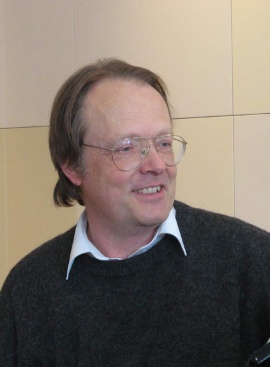
Johannes Umbreit (mws-henle.person.role.KLAVIERAUS)
Prof. Johannes Umbreit studied the piano at the Musikhochschule in Munich. From 1987 onwards he was a regular accompanist at courses given by Wolfgang Schneiderhan, Thomas Brandis, Ljerko Spiller, Igor Ozim, Olga Woitowa, Ernő Sebestyén, Walter Nothas, F. Andrejevsky, Denis Zsigmondy and Zakhar Bron amongst others. He has appeared in numerous radio and TV broadcasts and plays chamber music with members of the Bavarian State Orchestra, the Munich Philharmonic Orchestra and the Bavarian Radio Symphony Orchestra.
He is on the jury of different international competitions and has been invited to several international music festivals. Umbreit was a teacher for almost ten years at the Musikhochschule in Munich and at the same time a lecturer for chamber music and piano accompaniment at the Richard Strauss Conservatory. Since 2008 he has been a lecturer at the Hochschule für Musik und Theater München. As the long-serving managing director of the Richard-Strauss-Gesellschaft, he was made an honorary member of the board in 2009. In May 2011, the Bavarian Minister of Culture appointed Johannes Umbreit an honorary professor of the Hochschule für Musik und Theater München on the suggestion of its academic senate.
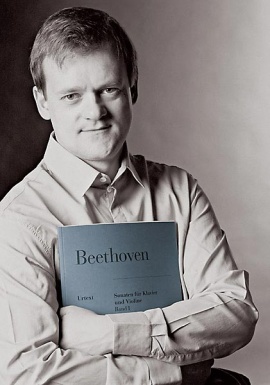
Frank Peter Zimmermann (mws-henle.person.role.FING VIOL)
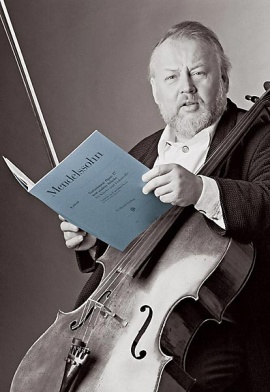
Heinrich Schiff (mws-henle.person.role.FING CELLO)
Product Safety Informations (GPSR)

G. Henle Verlag
Here you can find the information about the manufacturer of the product.G. Henle Verlag e.K.
Forstenrieder Allee 122
81476 München
Germany
info@henle.de
www.henle.com
推荐
autogenerated_cross_selling
本书目其他版本


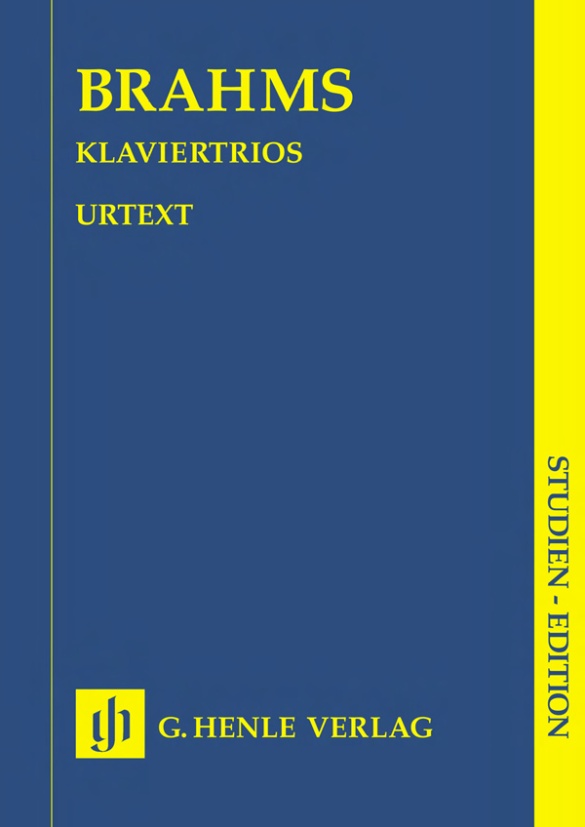

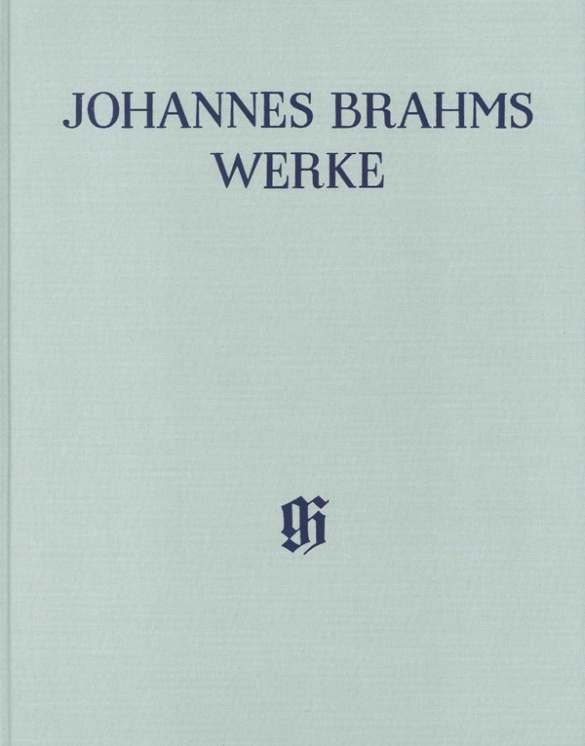
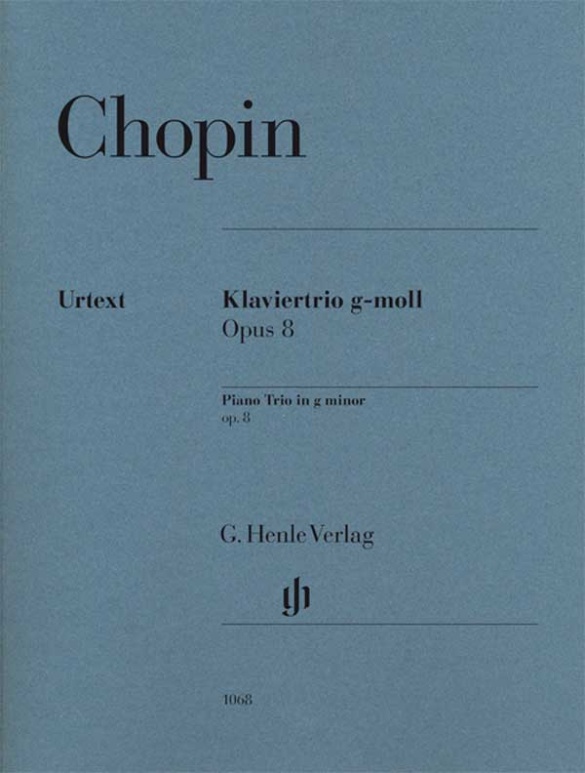
Orchestral material from Breitkopf & Härtel